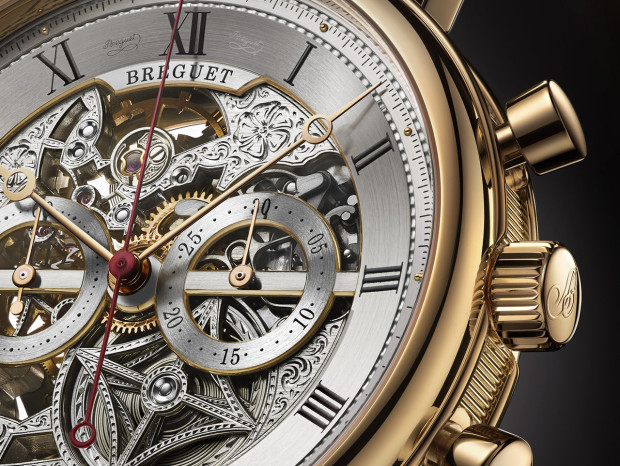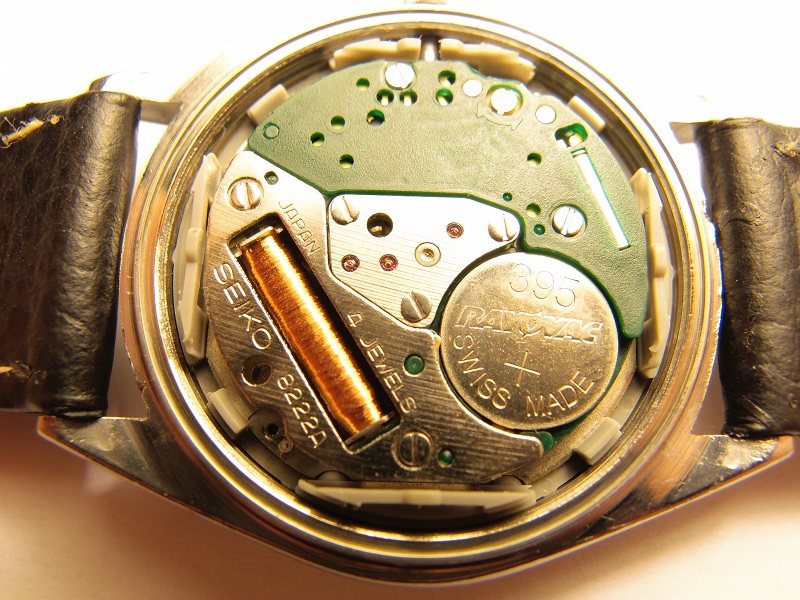

When you pay a lot for a watch, you are not only buying a fine timepiece, but you are buying a name, a reputation, and a history. This is because it was not only fashionable and appearance but also able to stand up to a considerable amount of time underwater.
Would you like Mechanical or Quartz?
So many watches out there can make you confused as to which kind of watch to go for! There are two main types of watches- the mechanical watch and the quartz watch. Let’s look at them in detail.
A mechanical watch is a device for keeping time, which uses the energy from a wound spring, and keeps time through the highly regulated release of that energy through a set of gears (the wheel train) and an escapement. It uses purely mechanical components to keep time. Mechanical watches typically can run for about 40 hours on one full winding of the mainspring. Some newer designs in the market today can run up to 8 days, or even 10 days, of power reserve.
The basic design of a mechanical watch has not changed in the past decades. But the use of materials and new technology in the manufacture and designing of watches has developed over the ages. The fusion of CAD/CAM, electro spark erosion in the manufacturing, and titanium nitride cases; the watch making industry is still an expression of elegance of design, attention-to-detail in finishing and assembly, and the art of hand-tweaking movements for optimum performance.
Mechanical watches are of two types:
- manual the wearer must turn the crown (button on the outside of the watch’s case) to wind the mechanism.
- self-winding or automatic watch, the movement is activated by a rotor, which turns by the force of gravity with the regular movements of the wearer’s wrist.
Quartz watches, a specially designed battery activates a Quartz crystal inside the movement that vibrates approximately 33 times per second. These vibrations are then translated into impulses by a computer chip that drives an electronic motor, which moves the watch’s hands. The first electronic watch movement was tested and designed by the Swiss research group in the late 1960s.
So here comes the question… which one is better?
A quartz watch is cheaper and more accurate than a mechanical watch. A good mechanical watch can typically be made no more accurate than 2-3 seconds per day. Your typical inexpensive quartz is usually good to 0.5 seconds per day or better. But when you talk of mechanical watches, craftsmanship, aesthetic and tradition are the key attractions, rather than just accuracy! Because the wheel train of an analog quartz watch is not under constant stress from a wound mainspring, it does not need to be as finely finished, nor does it require painstaking skill and precision in assembly.
In respect to durability, a quartz watch is much better on shock resistance over the mechanical, but it is certainly not invulnerable. Low mass of the vital components helps protect them from shocks. The balance wheel’s cap jewels, the balance staff, the rotor bearing (in an automatic) and various other parts of the escapement, especially cap jewels are the vulnerable parts in a mechanical watch. Moreover, a quartz watch has few moving parts, which implies lesser friction and lesser wear and tear. Mechanical watches need to be maintained in good condition.
In terms of reliability, the mechanical watch has a history attached to its name and make. Though, this can be true of a quartz, the battery is a slip. Battery life is not predictable. A mechanical watch can withstand extreme temperatures, unlike a quartz watch.
Replacement parts for mechanical watches are available; you just need to make sure that they are original. But when it comes to age-old quartz watches, the batteries would have become obsolete, which means, that old quartz watches are just matter of memories.
Apparently, mechanical watches can last longer, provided they are taken care of and serviced well. Also, if in good condition, a mechanical watch has a lot of resale value, it is an asset. A quartz watch on the other hand features electronic circuitry that has a limited lifespan.
Bottom line — for just accuracy, go for a quartz, for quality, class, precision and historic value, go for a mechanical watch! And for some of you, who cannot decide, buy what you like to wear!